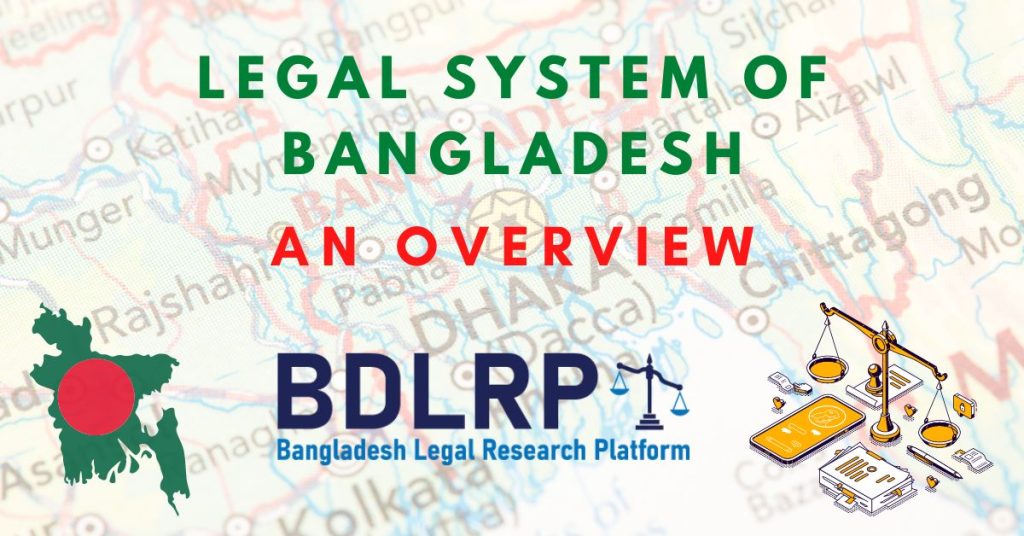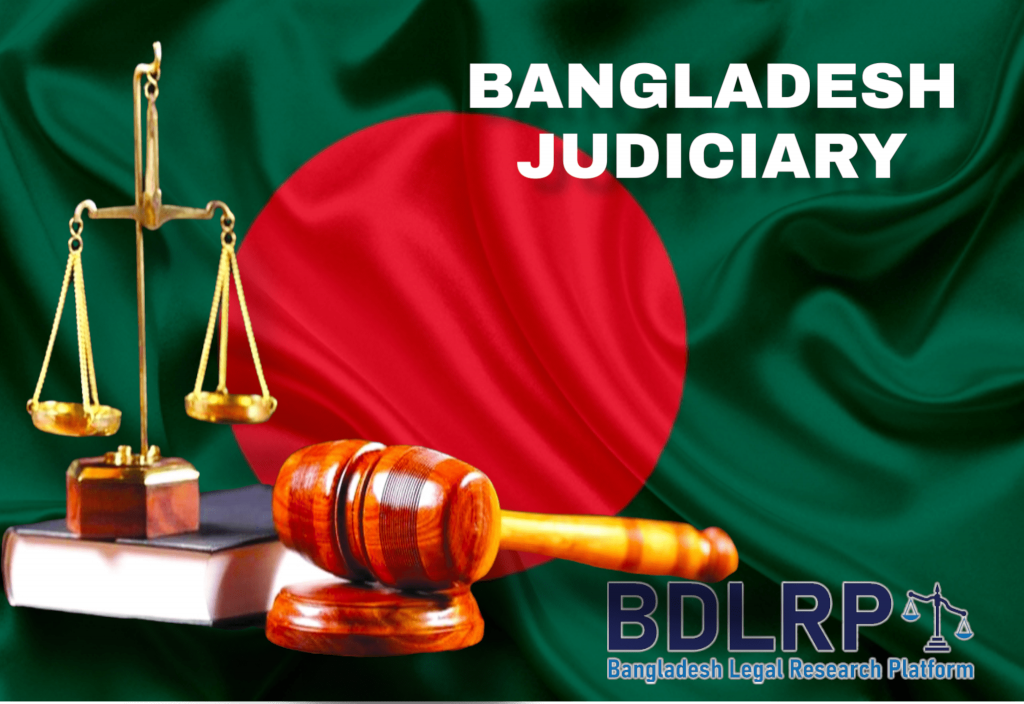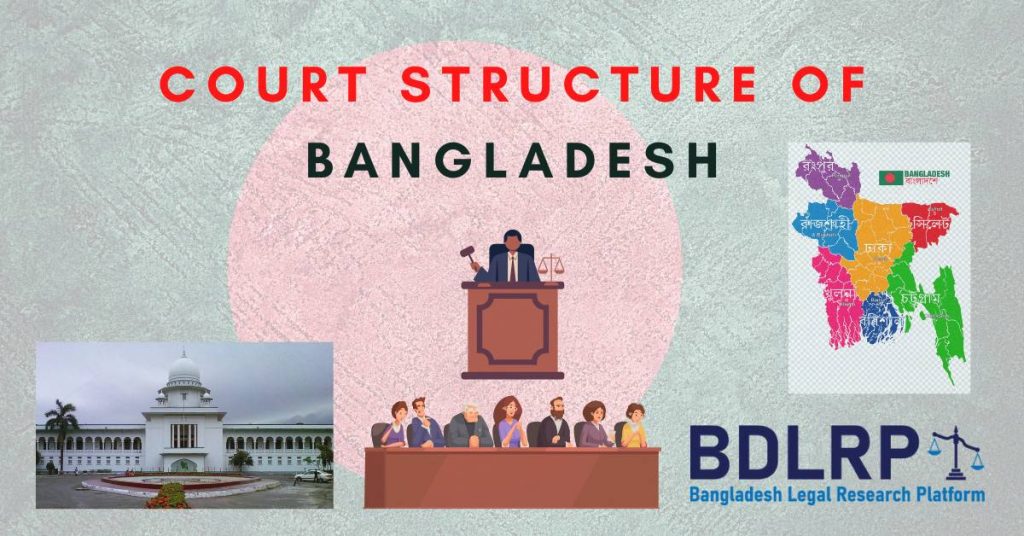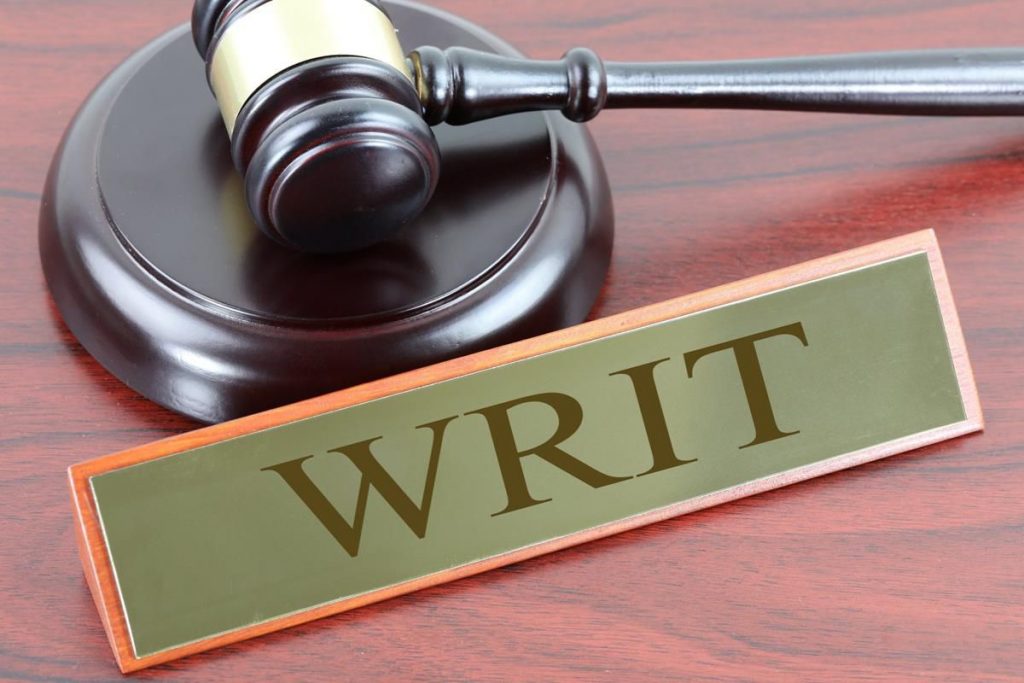Bangladesh’s legal system is based on a combination of English common law and Islamic law, with some elements of Hindu law and traditional tribal customs also present. The legal system of Bangladesh is divided into two main branches: civil law and criminal law.
Civil law in Bangladesh is primarily based on the principle of English common law and is governed by the Code of Civil Procedure and the Specific Relief Act. It deals with disputes between private individuals or organizations, such as disputes over property, contracts, and torts. The civil court system in Bangladesh is divided into three levels: the trial court, the appellate court, and the highest appellate court, the Supreme Court.
Criminal law in Bangladesh is primarily based on the principle of Islamic law and is governed by the Penal Code, the Code of Criminal Procedure, and other specialized laws. It deals with crimes and criminal offenses, such as murder, theft, and fraud. The criminal court system in Bangladesh is also divided into three levels: the trial court, the appellate court, and the highest appellate court, the Supreme Court.
In addition to the civil and criminal court systems, Bangladesh also has a separate system of tribunals for dealing with specific types of disputes. For example, there are tribunals for labor disputes, commercial disputes, and tax disputes. These tribunals are usually composed of experts in the relevant area of law and are intended to provide a more efficient and specialized form of dispute resolution.
One of the distinctive features of Bangladesh legal system is the presence of Islamic law, which is governed by the Islamic Family Law Ordinance. This law deals with marriage, divorce, inheritance and other matters related to family and personal laws. The Islamic law is only applicable to the Muslim population of Bangladesh, while the non-Muslims are governed by their respective personal laws.
Another distinctive feature of the legal system in Bangladesh is the application of traditional and customary laws. This is particularly prevalent in rural areas, where traditional tribal customs and practices often govern disputes over land and other property. These traditional laws are not always recognized by the formal court system, and disputes may be resolved through informal, community-based mechanisms.
Overall, the legal system of Bangladesh is a complex and multifaceted system that is influenced by a variety of different sources of law. The civil and criminal court systems, as well as the specialized tribunals, provide a formal mechanism for resolving disputes and enforcing the law. However, the presence of Islamic law and traditional and customary laws also play an important role in shaping the legal system of Bangladesh, particularly in rural areas.
Despite the legal protections, the legal system of Bangladesh has been criticized for being slow and inefficient, which results in long delays in getting justice. Corruption is also a major problem, which impacts the impartiality and integrity of the courts. These issues have led to a lack of public trust and confidence in the legal system.
In conclusion, the legal system of Bangladesh is a complex and multifaceted system that is influenced by a variety of different sources of law. While it provides a formal mechanism for resolving disputes and enforcing the law, it also faces some significant challenges, particularly in terms of corruption and delays in the administration of justice. Addressing these issues would be important to ensure a more fair and efficient legal system that serves the needs of all citizens.





Comments are closed.